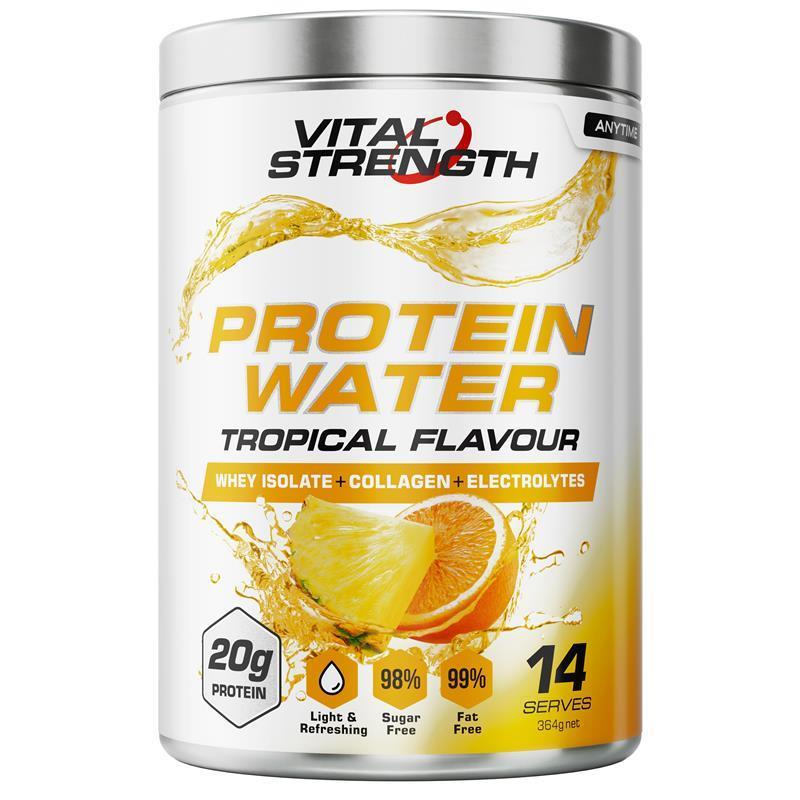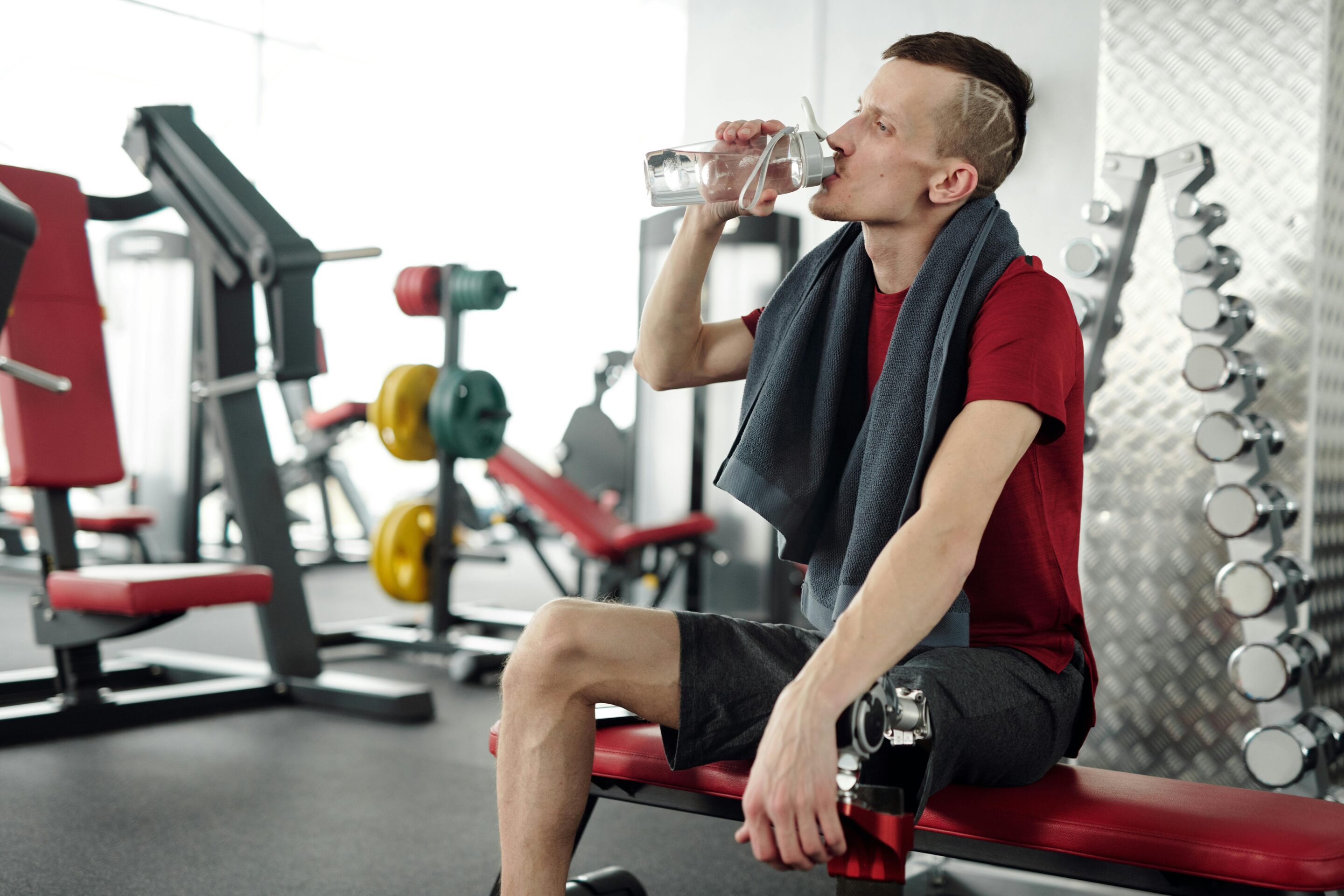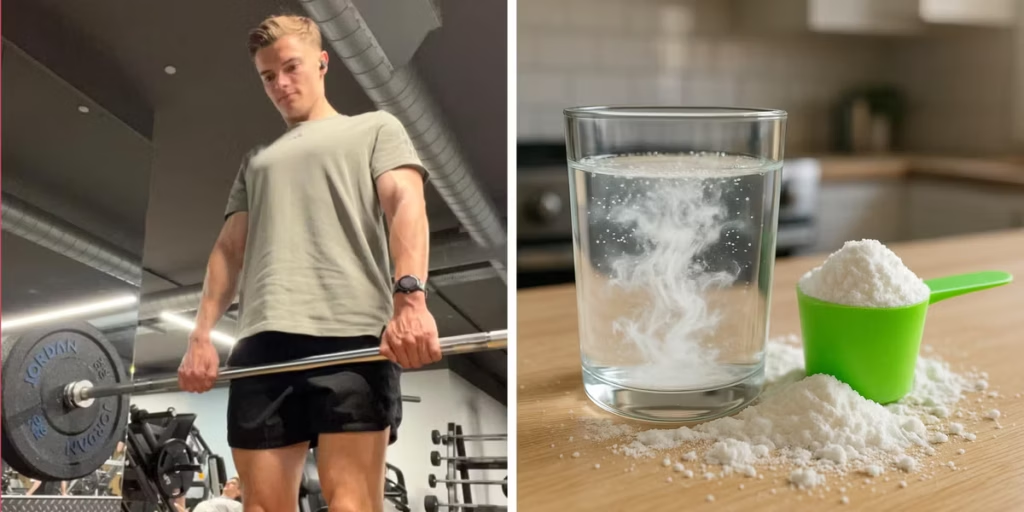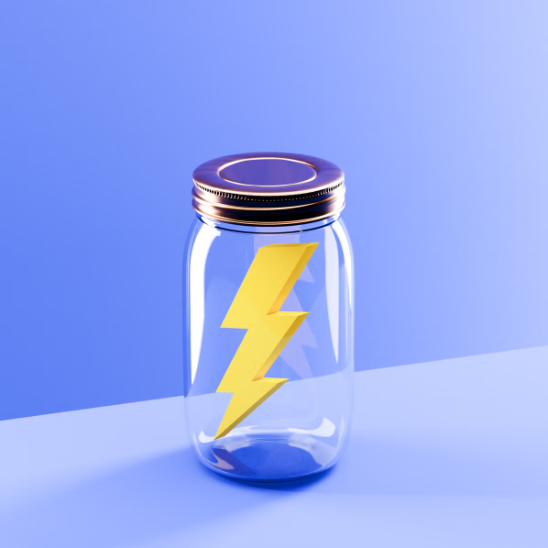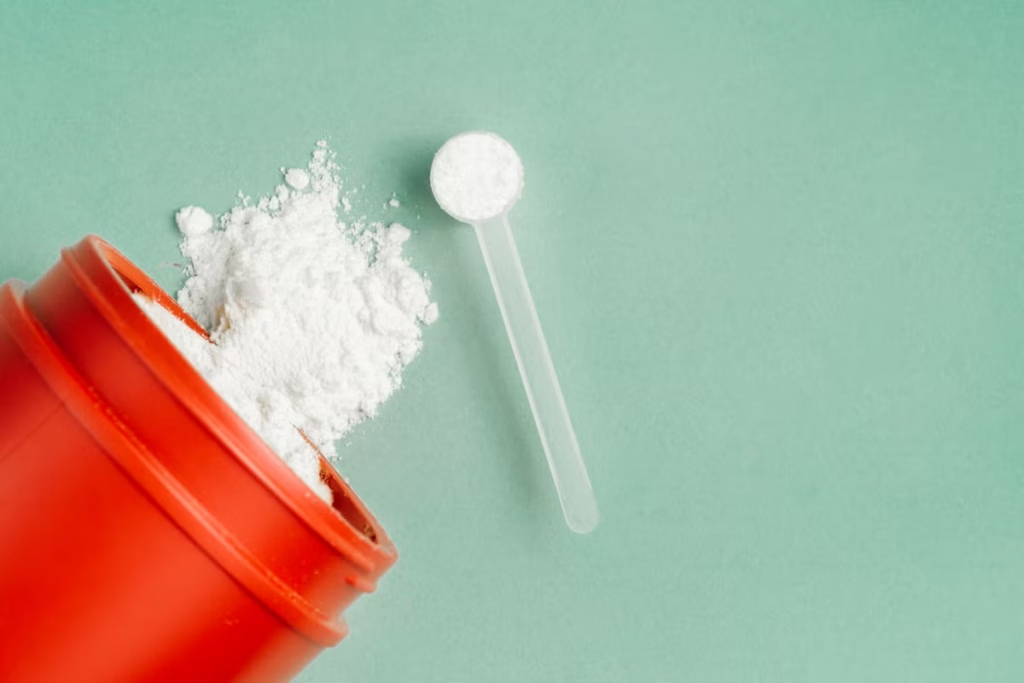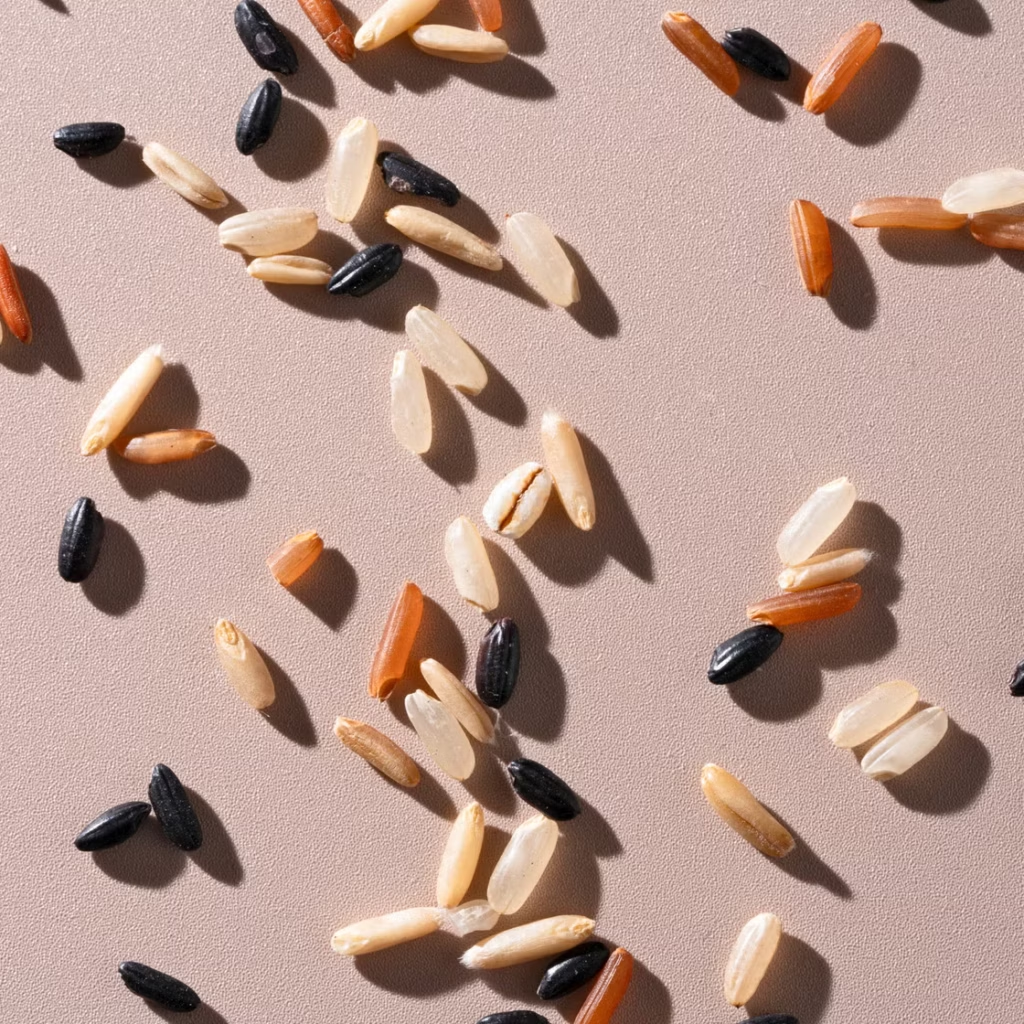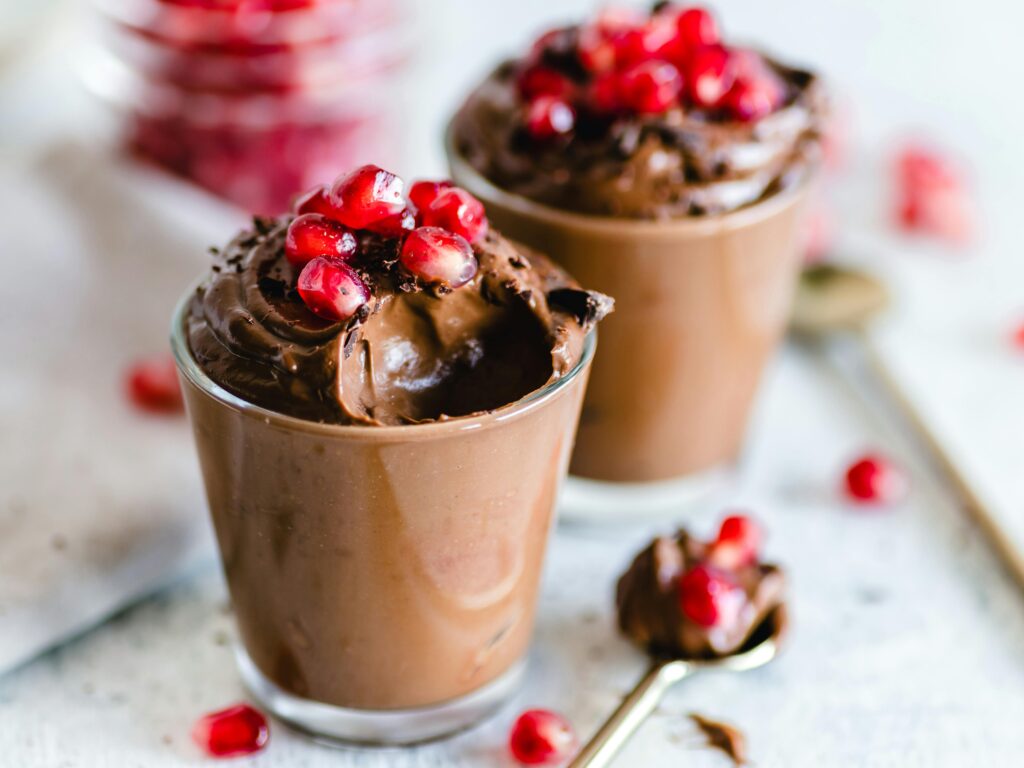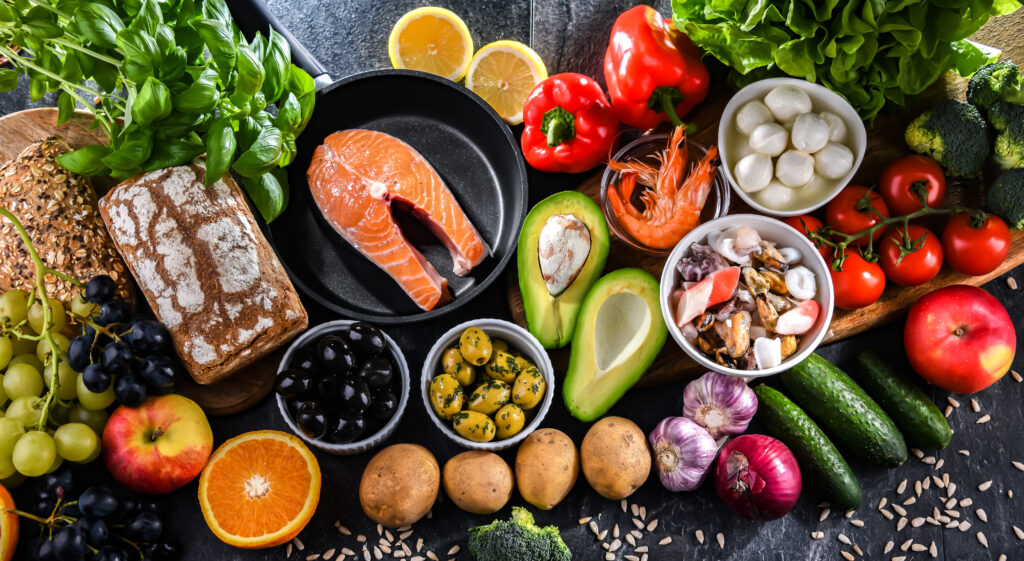PROTEIN, YOU MIGHT have heard, is the king of macronutrients, every man’s favourite supplement and your surest path to putting on muscle. In recent years food manufacturers have been engaged in something of an arms race (get it?) to infuse protein into everything from bread to cereal to pasta to pancakes.
And why not? Among protein’s rap sheet of nutritional benefits, it can aid in muscle growth, muscle synthesis as well as building and maintaining bone tissue.
According to Dietitians Australia, the recommended amount of protein for men is 0.84g per kg body weight per day. So, if you weigh 80kg, for example, you need to eat around 67g grams of protein a day. And if you think that seems like a lot, a 200g steak contains 50g of protein, so you’re more than likely already hitting your recommended intake.
If, however, you’re vegetarian or vegan and you struggle to include protein in your diet – or you’re lifting weights and wanting to gain muscle, you may want a little more than 0.84g per kg per day. Some evidence suggests that 1.2 to 1.6 g/kg of high-quality protein is actually the sweet spot when it comes to achieving optimal health.
For most guys the easiest way to get the requisite amount of protein is to guzzle shakes. In the last couple of years, though, a new delivery system has emerged: water. If this sounds like something of an oxymoron, know that these days anything can be fortified, including H20.
Clear as mud, or whey, for that matter. Read on to find out everything you need to know about protein water, so you can decide if it’s worth adding it to your daily meal plans

What is protein water?
In this case, it’s exactly what it says on the tin – water that’s infused with extra protein. It’s made by combining water and protein powder, such as whey protein isolate or collagen peptides. Most brands on the market offer between10 and 20 grams of protein, usually in fruit-flavours.
Protein waters are a low-calorie protein source compared to traditional protein shakes and can be a good option for those who can’t tolerate lactose.
Can you drink protein water every day?
You can if you wish, however, it probably makes more sense to consume it on days when you’re working out in the gym. That’s every day, fool? Fair enough guzzle away.
Some dietitians believe that rather than frequency, protein intake should be guided instead by timing. Many of us get most of our protein at dinner, where it might be best to have more at breakfast and throughout the day, when you’re most likely to be active.
Ideally, every meal and snack you consume throughout the day should have some protein. Protein water is an easy way to hit your daily protein goals.
What are the benefits of protein water?
You need amino acids and protein for a variety of bodily functions, such as muscle health, immune system function, and acid-based balance. Protein water is an easy way to incorporate more of the macro into your diet, particularly if you pair it with a protein bar or peanut butter on toast, for a post-workout recovery snack.
Protein water gives you decent bang for your buck in terms of its protein-to-calorie ratio. A 480-ml bottle of protein water, for example, can provide 15 grams of protein at only 70 calories.
Are there any negative effects to drinking protein water?
Like many products, it’s the spoonful of sugar, or artificial sweetener, that helps the medicine go down that could cause problems when it comes to protein water.
Protein water, like all protein products, is an ultra-processed food, and the truth is, there are cleaner sources of protein available through whole foods such as yoghurt, nuts or straight milk, that don’t carry the same sugar hit.
Is protein water better than a protein shake?
It depends on your needs. Most brands generally have less protein than what you’ll find in milk-based whey protein shakes. As we mentioned, you can pair with another protein-based snack like nuts or a protein bar to increase your intake. But protein water is lower in calories than shakes and can do double duty as a hydration agent, particularly if you’re parched after a heavy conditioning session. Again, it might be a better option for those who cannot tolerate lactose.
What are the best protein water products in Australia?
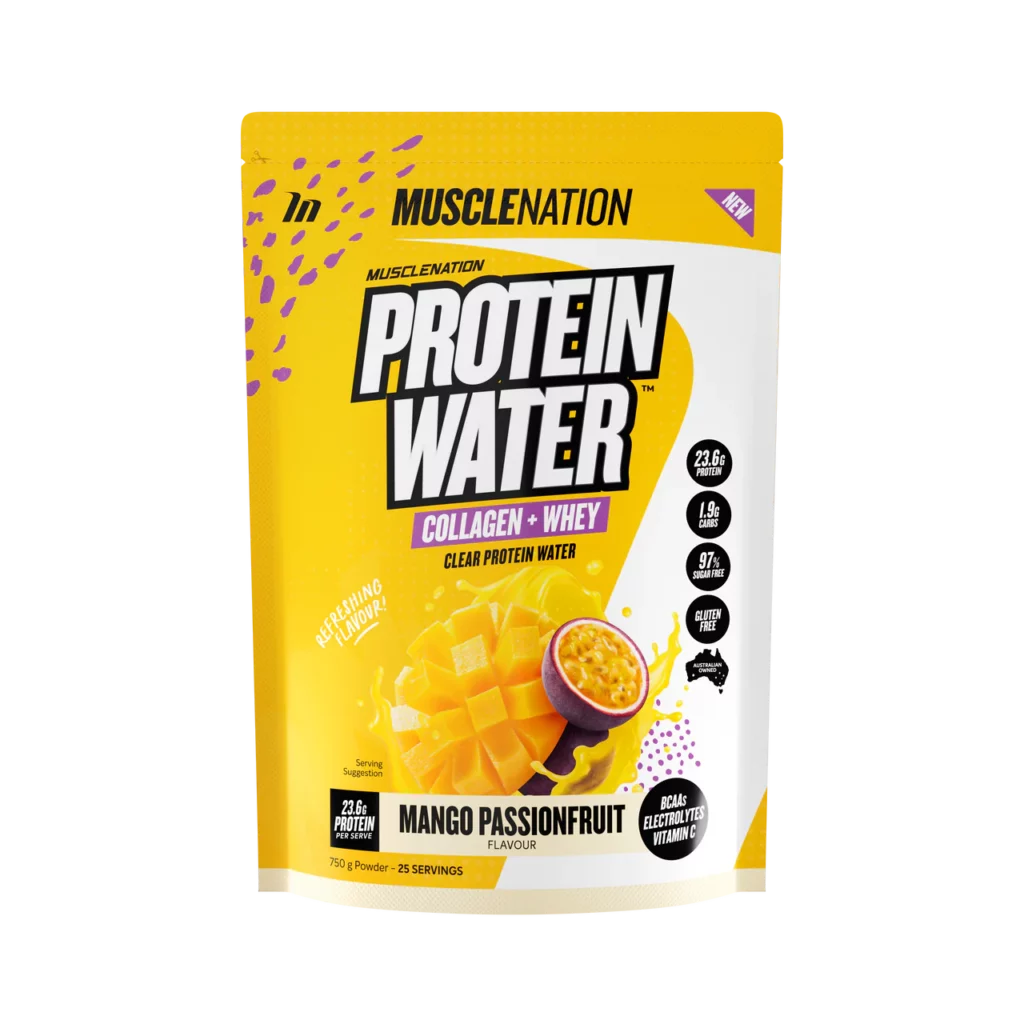
Muscle Nation Protein Water
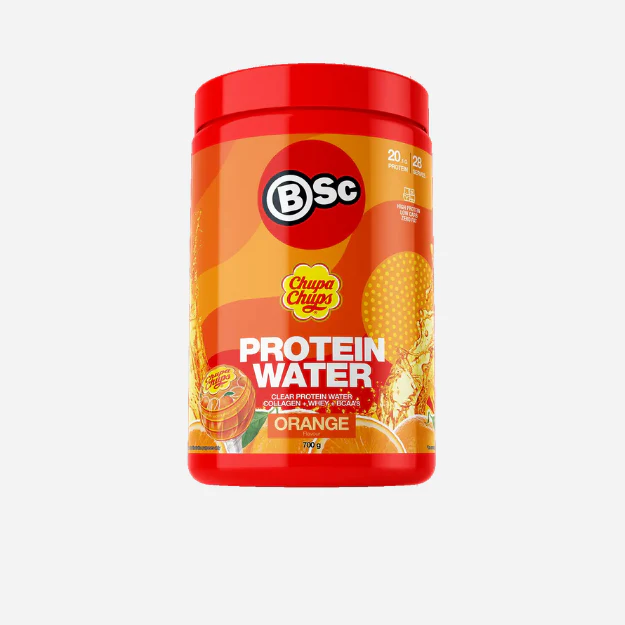
BSC Chupa Chups Protein Water
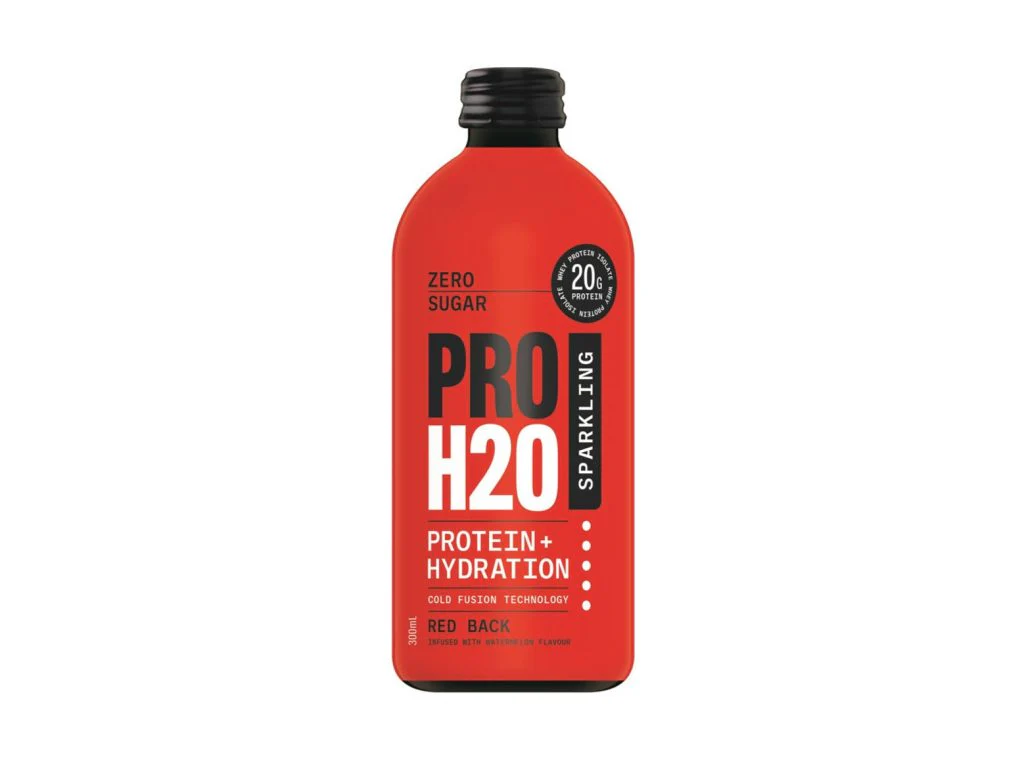
PRO H20 Protein Hydration
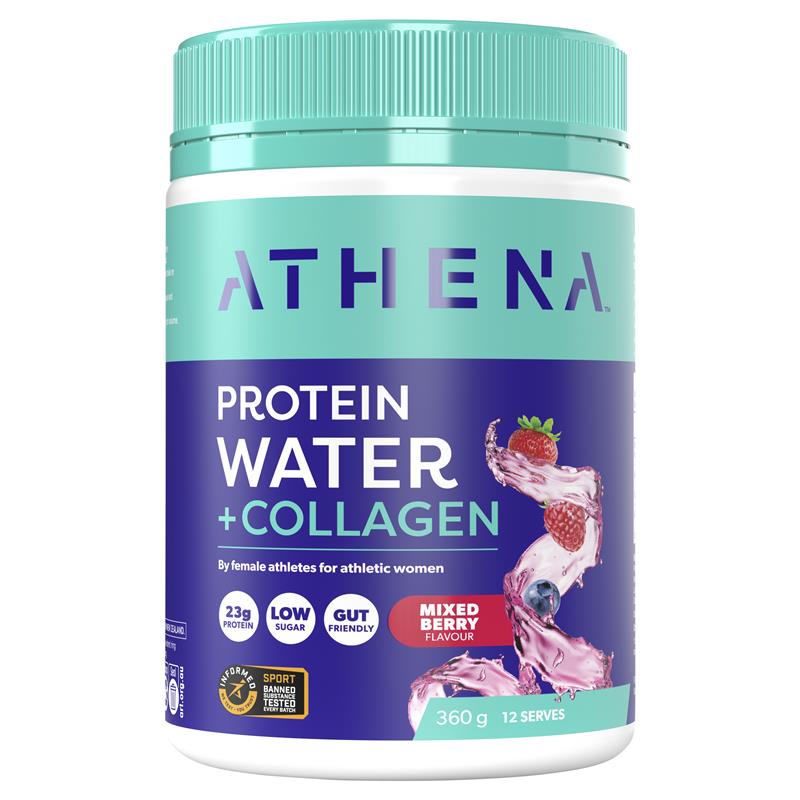
Athena Protein Water + Collagen
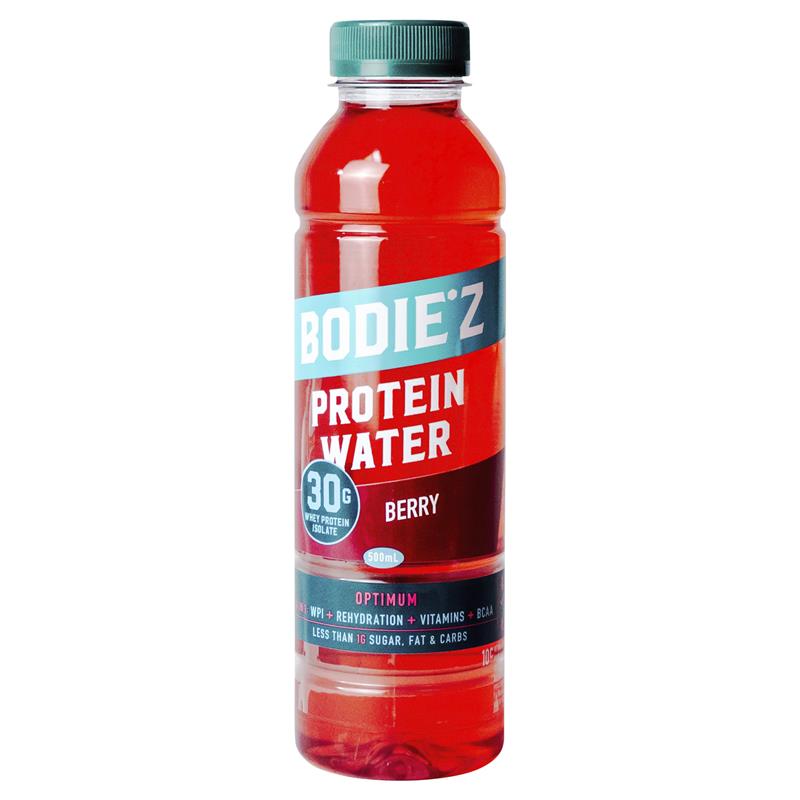
Bodie'z Protein Water Berry Whey Protein Isolate
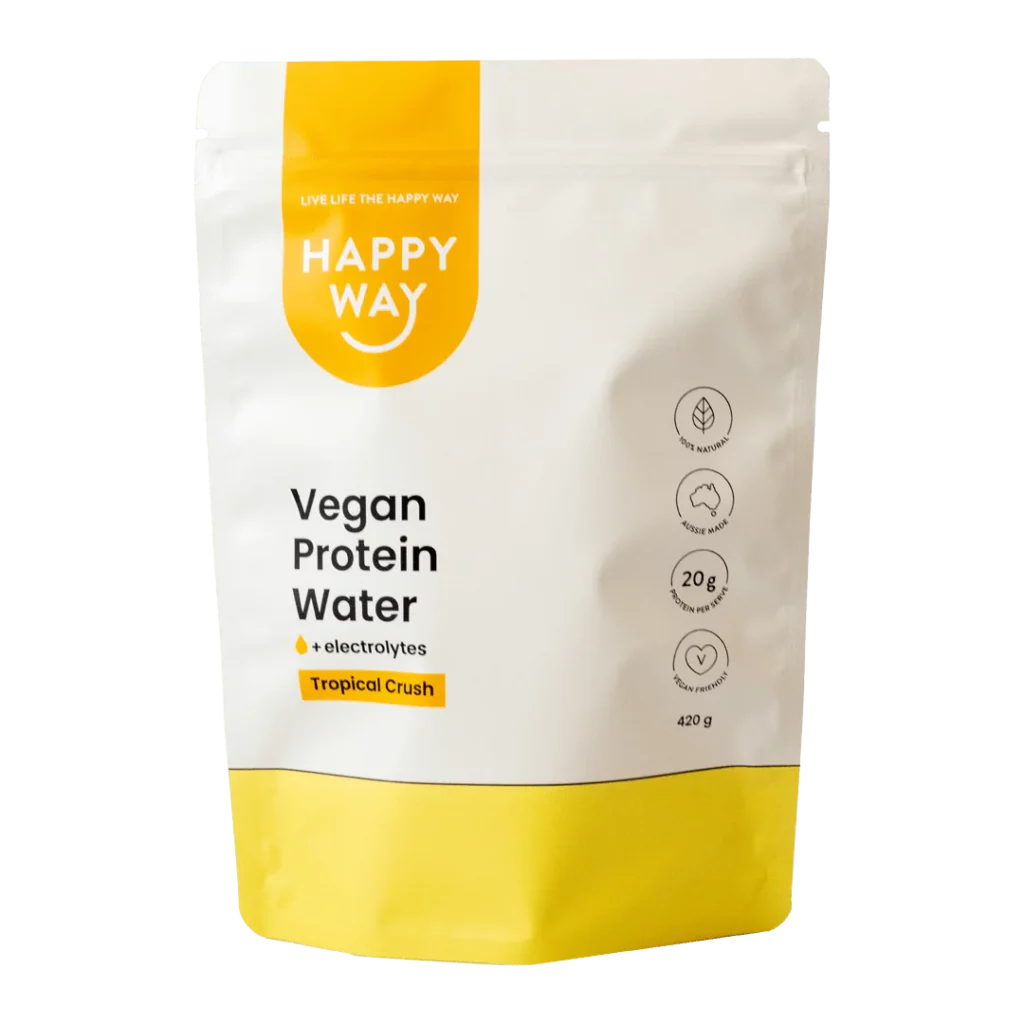
Happy Way Tropical Crush Vegan Protein Water
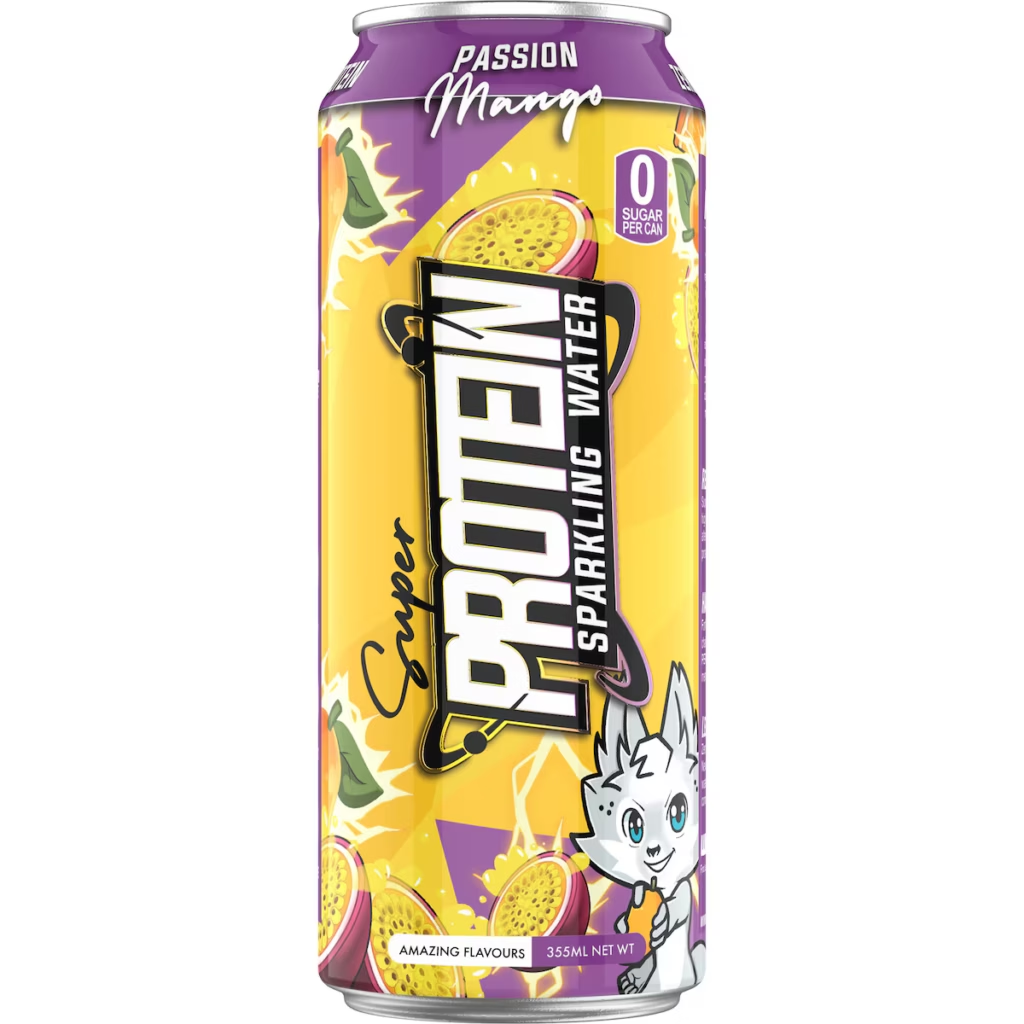
Nexus Super Protein Sparkling Water
